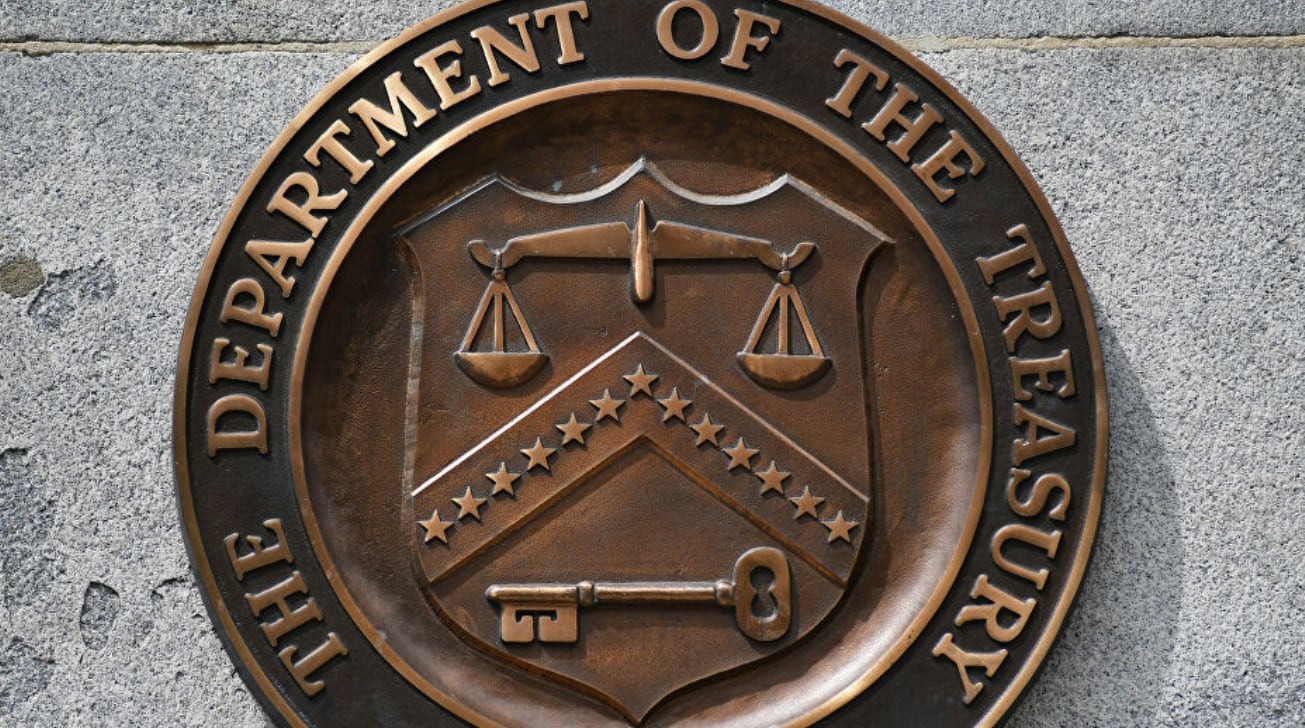How VPNs Empower Your Online Security: Safeguarding Identity and Financial Transactions
In today’s digital age, the importance of protecting one’s identity and finances cannot be overstated. As we navigate through the vast expanse of the internet, we often find ourselves exposed to various threats lurking just around the corner. Cybercriminals are increasingly sophisticated, making it crucial for individuals to adopt measures that ensure their online safety. One of the most effective tools available for this purpose is a Virtual Private Network (VPN).
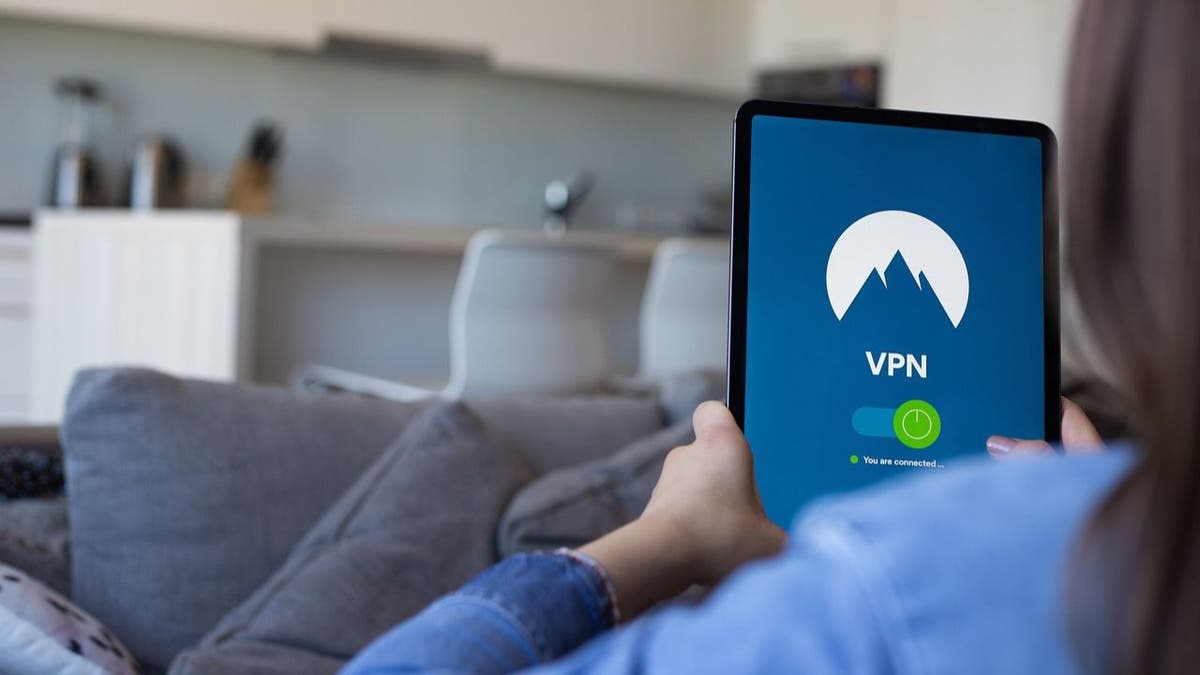 Exploring the digital landscape with enhanced security.
Exploring the digital landscape with enhanced security.
Understanding VPNs: The Basics
A VPN, or virtual private network, functions as a secure tunnel between your device and the internet. By encrypting your internet connection, it ensures that your online activities remain confidential and shielded from prying eyes. This is achieved by routing your internet traffic through secure servers, effectively masking your IP address. Consequently, hackers and other malicious entities find it challenging to monitor your online behavior, safeguarding your digital footprint.
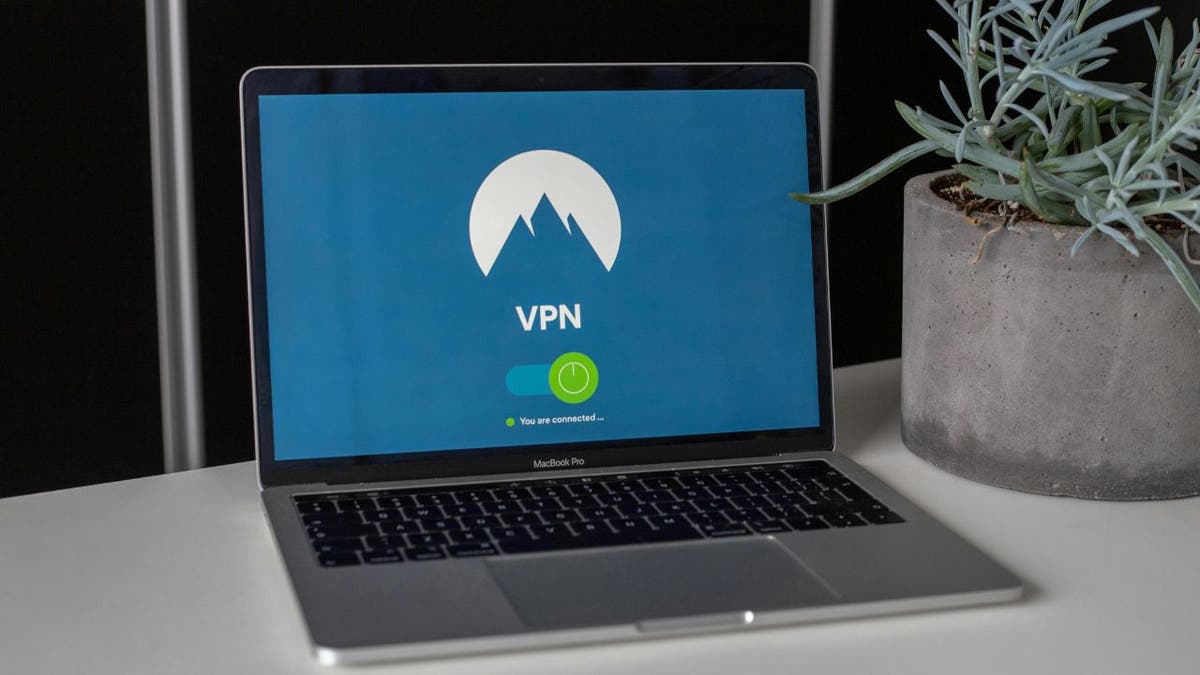 Securing your connection with a VPN.
Securing your connection with a VPN.
How VPNs Operate
VPNs employ two key mechanisms to protect users: IP address masking and data encryption. When connected to a VPN, your real IP address is hidden, replaced with one from the VPN provider’s servers. This makes it nearly impossible for websites and cybercriminals to track your location or identify you based on your IP. Simultaneously, all data exchanged between your device and the web is encrypted, rendering it unreadable to anyone attempting interception.
This encryption is vital for maintaining the confidentiality of sensitive information like credit card numbers and personal details. With VPNs creating a secure tunnel for your online traffic, users can enjoy increased privacy and security.
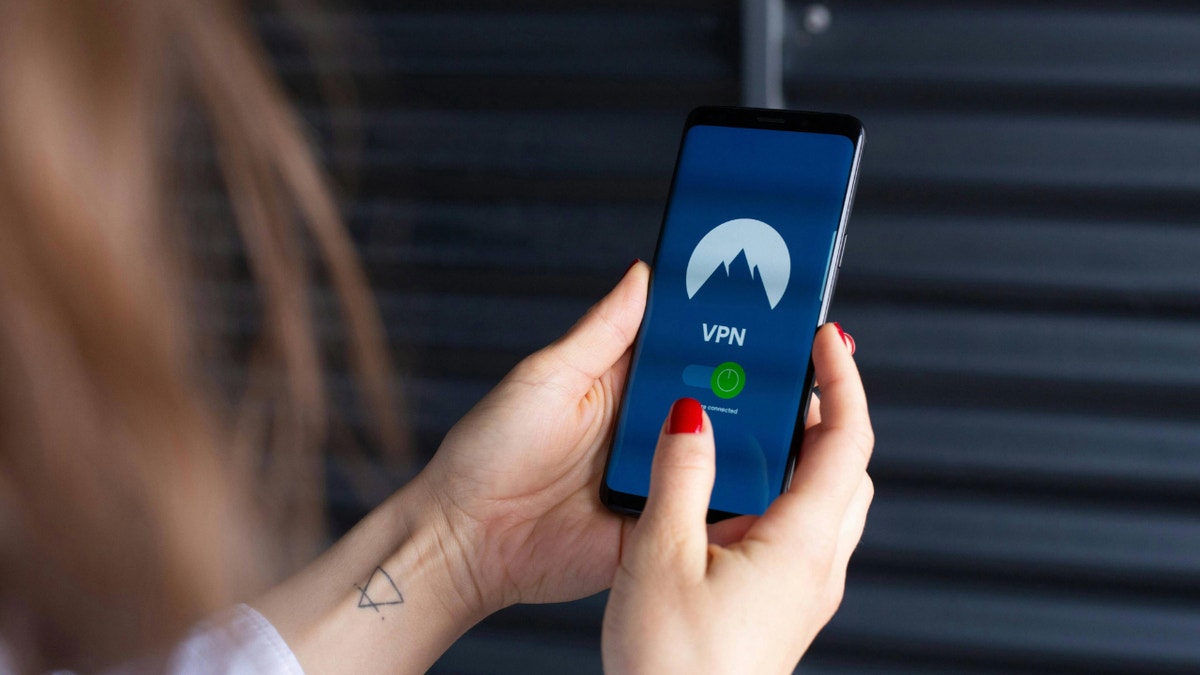 Bolstering security using mobile devices.
Bolstering security using mobile devices.
Combating Identity Theft with VPN Security
Identity theft remains one of the most pressing concerns for internet users. This crime involves the unauthorized acquisition of personal information to commit fraud, which can result in financial loss and damaged credit ratings. VPNs play a pivotal role in mitigating the risk of identity theft by encrypting users’ internet connections, protecting sensitive data from breaches.
Using a VPN, especially on unsecured networks like public Wi-Fi, can help prevent unauthorized access to your personal information and activities. By masking your online behavior, a VPN drastically reduces the chances of third parties harvesting your data for malicious purposes.
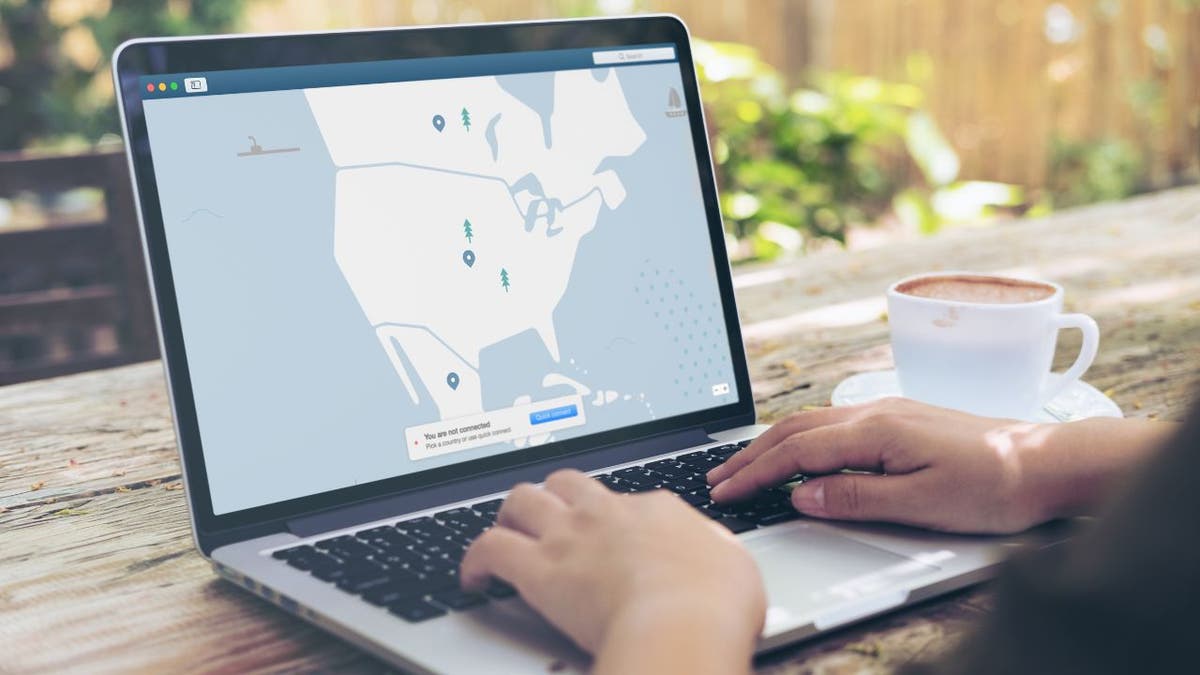 Staying safe while browsing.
Staying safe while browsing.
Securing Financial Transactions Online
With the increase in online shopping and digital banking, safeguarding financial transactions has never been more critical. Unfortunately, these transactions are prime targets for cybercriminals seeking to obtain credit card numbers and banking information. VPNs serve as a protective layer, encrypting any data exchanged during these transactions. This renders sensitive financial details almost impossible for cybercriminals to intercept.
Particularly when using public Wi-Fi, where the risk of data breaches is heightened, a VPN offers an additional layer of security by encrypting all data sent and received.
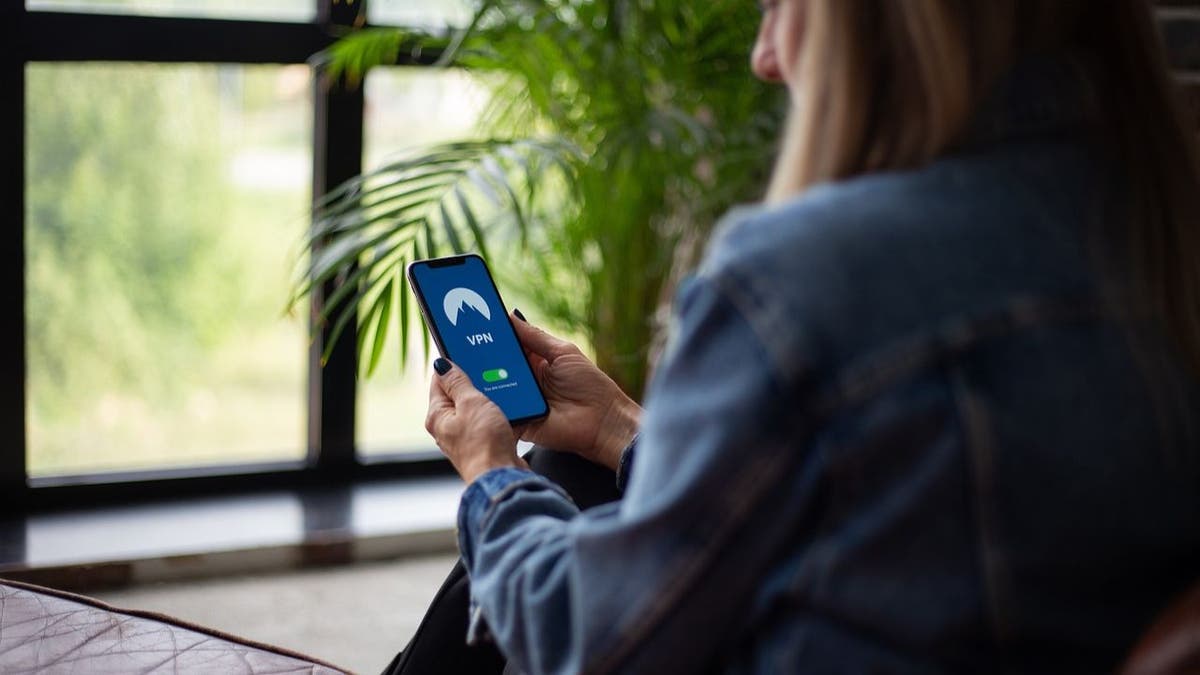 Transacting securely online.
Transacting securely online.
Effective Strategies for Optimal VPN Usage
To ensure maximum protection while using a VPN, consider these practical tips:
- Select a Trusted VPN Provider: Choose a reputable service known for robust encryption and a strict no-logs policy to maintain your privacy.
- Utilize Strong Passwords: Pair your VPN usage with strong and unique passwords for all your accounts. A password manager can help you generate and store complex passwords easily.
- Enable Two-Factor Authentication (2FA): Wherever applicable, implement 2FA to provide an extra layer of security against unauthorized access.
- Keep Software Updated: Regularly update your devices and software to guard against potential vulnerabilities exploited by cybercriminals.
- Monitor Financial Activity: Always keep an eye on your bank statements and credit reports for any unauthorized activity to promptly address potential fraud.
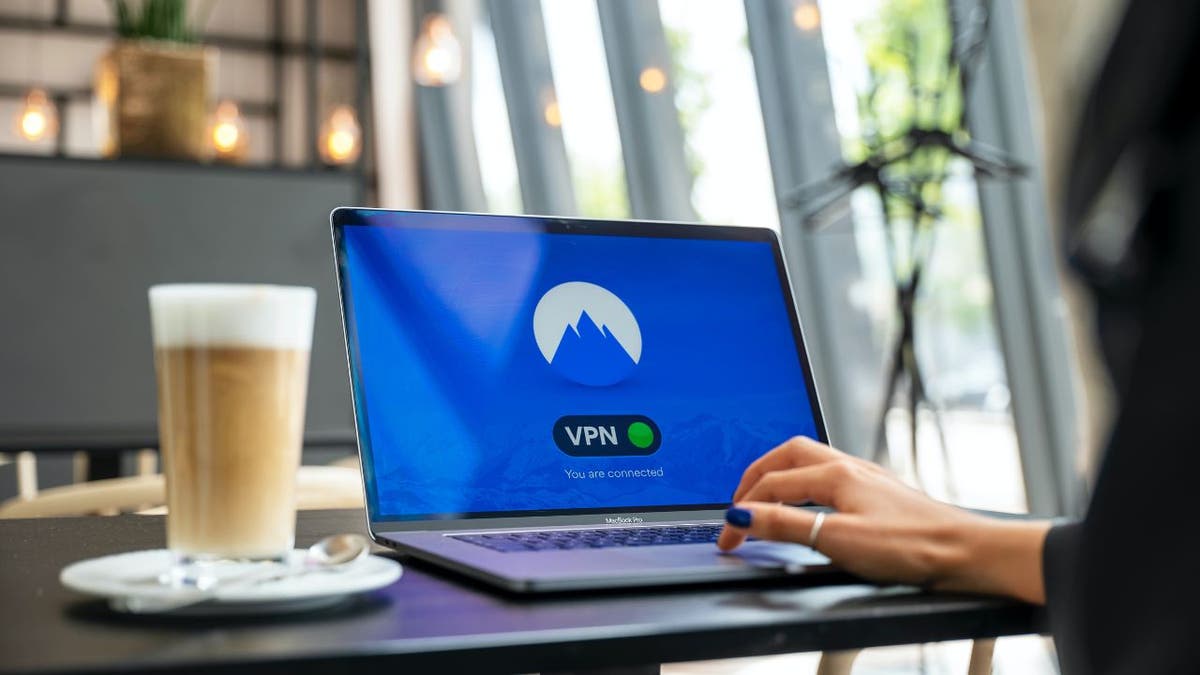 Working securely in a digital world.
Working securely in a digital world.
Conclusion: A Powerful Ally for Online Security
In summary, VPNs are essential tools for individuals looking to enhance their online security and protect their identities. By effectively masking your IP address and encrypting communications, they provide a powerful shield against identity theft and financial fraud. By following the recommended practices, you can fortify your cybersecurity defenses and navigate the internet with peace of mind, secure in the knowledge that your personal information is well-protected.











